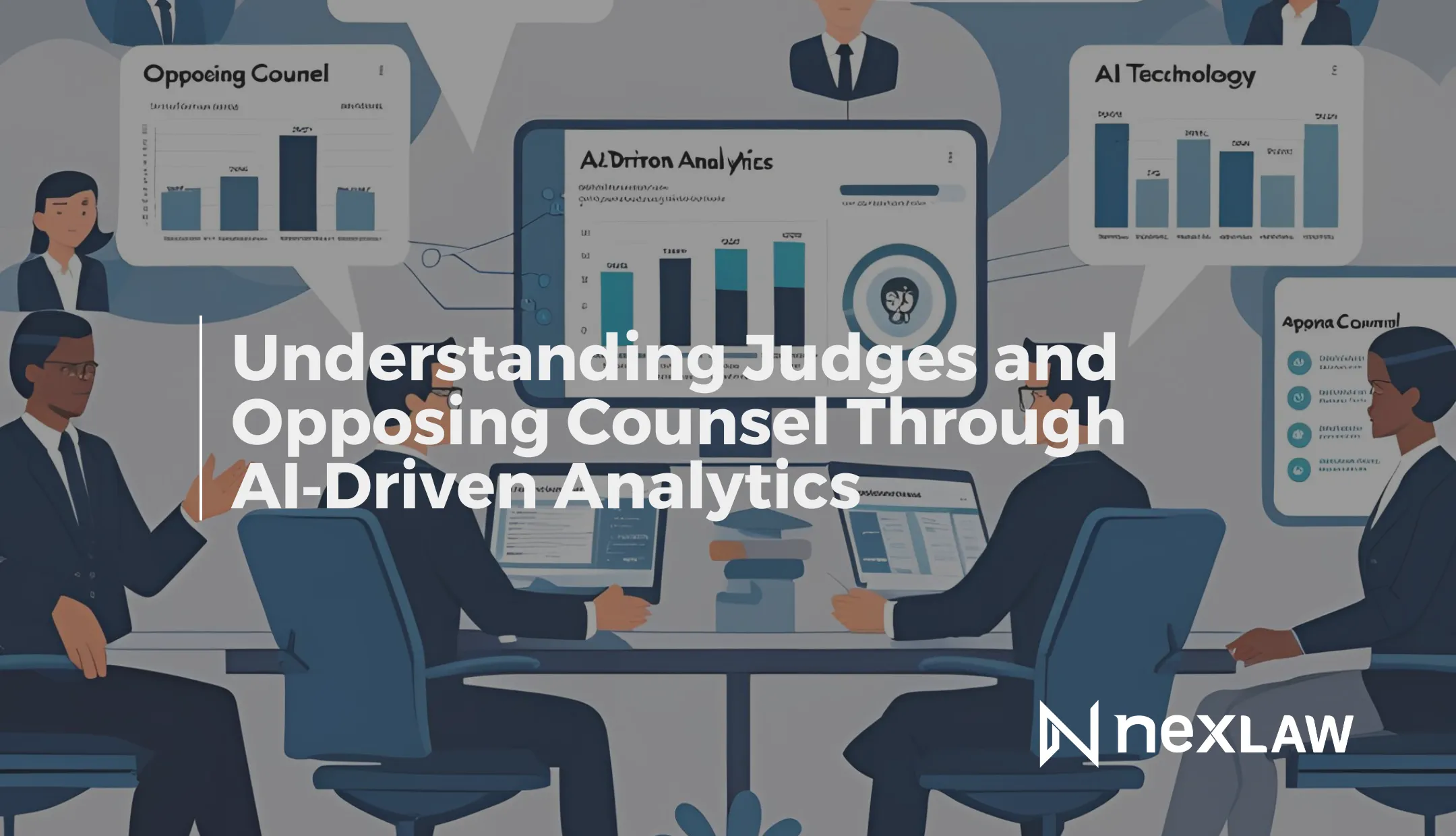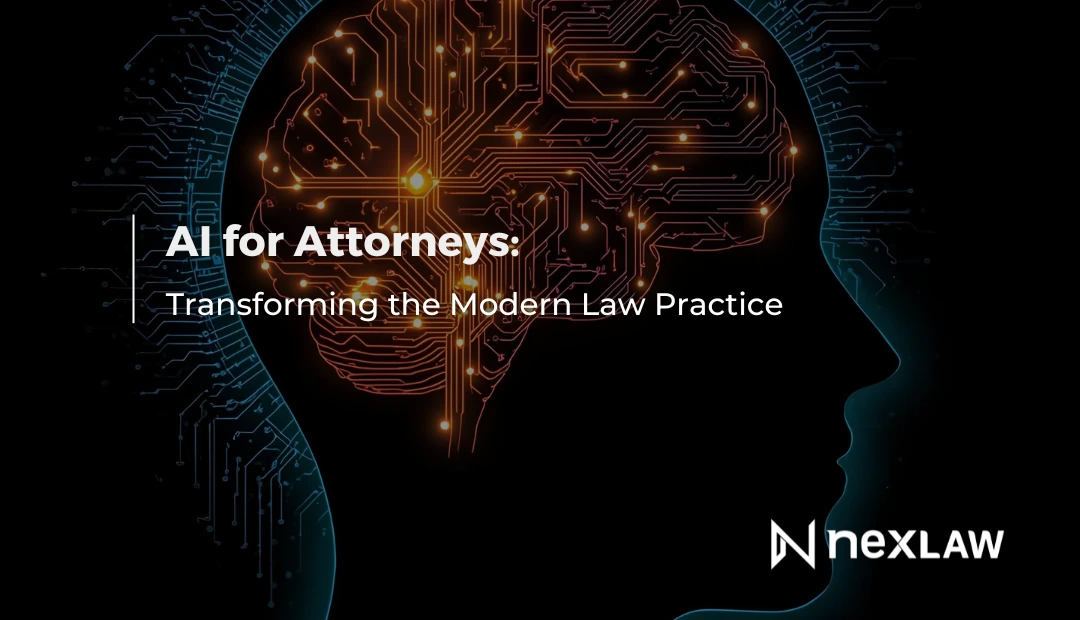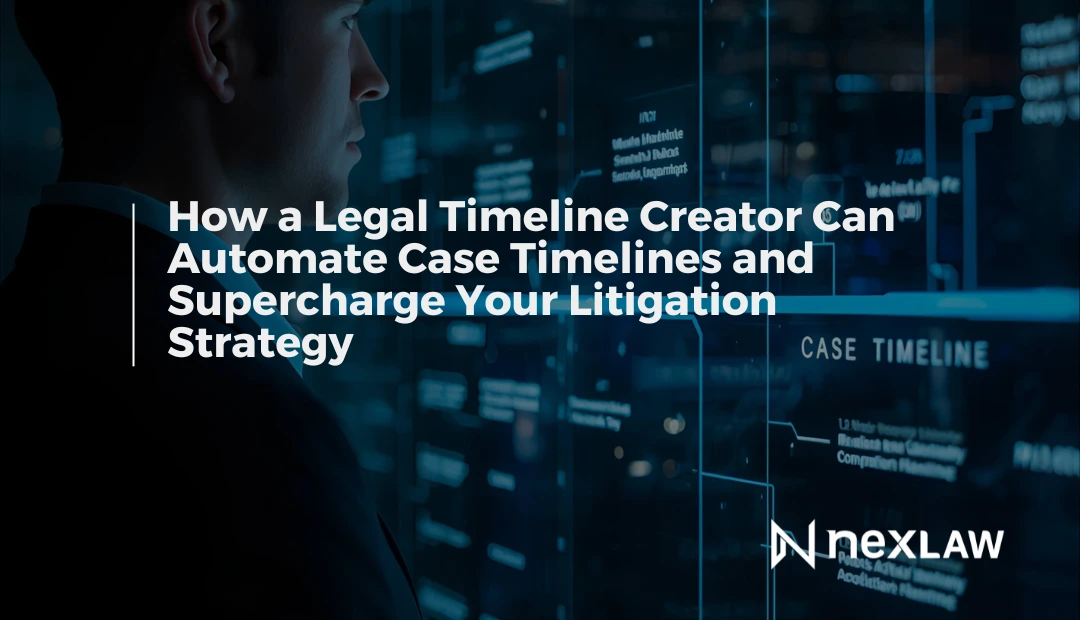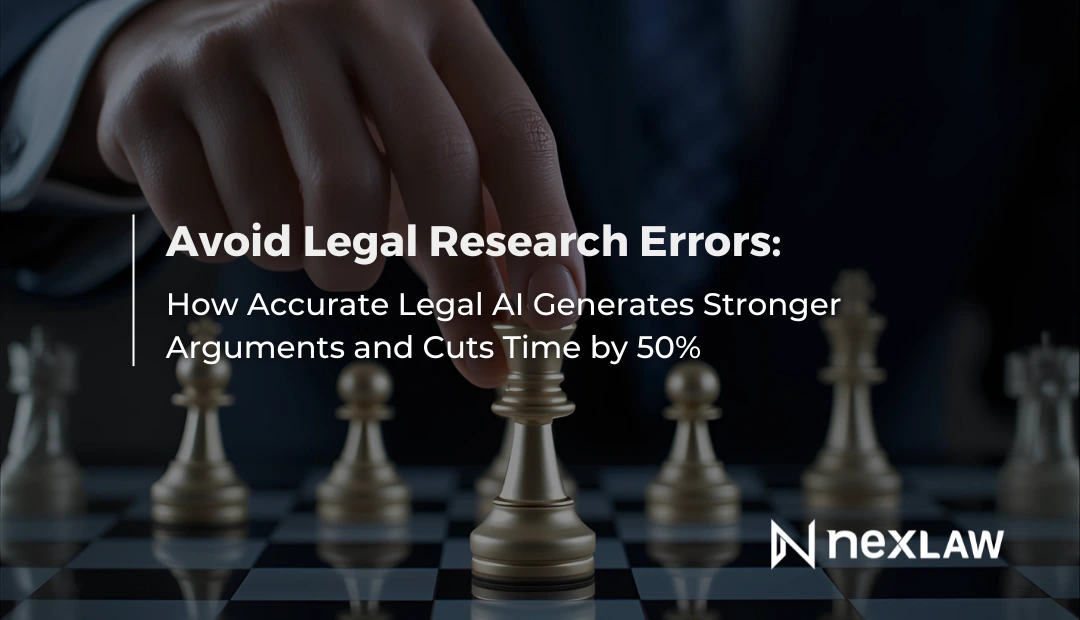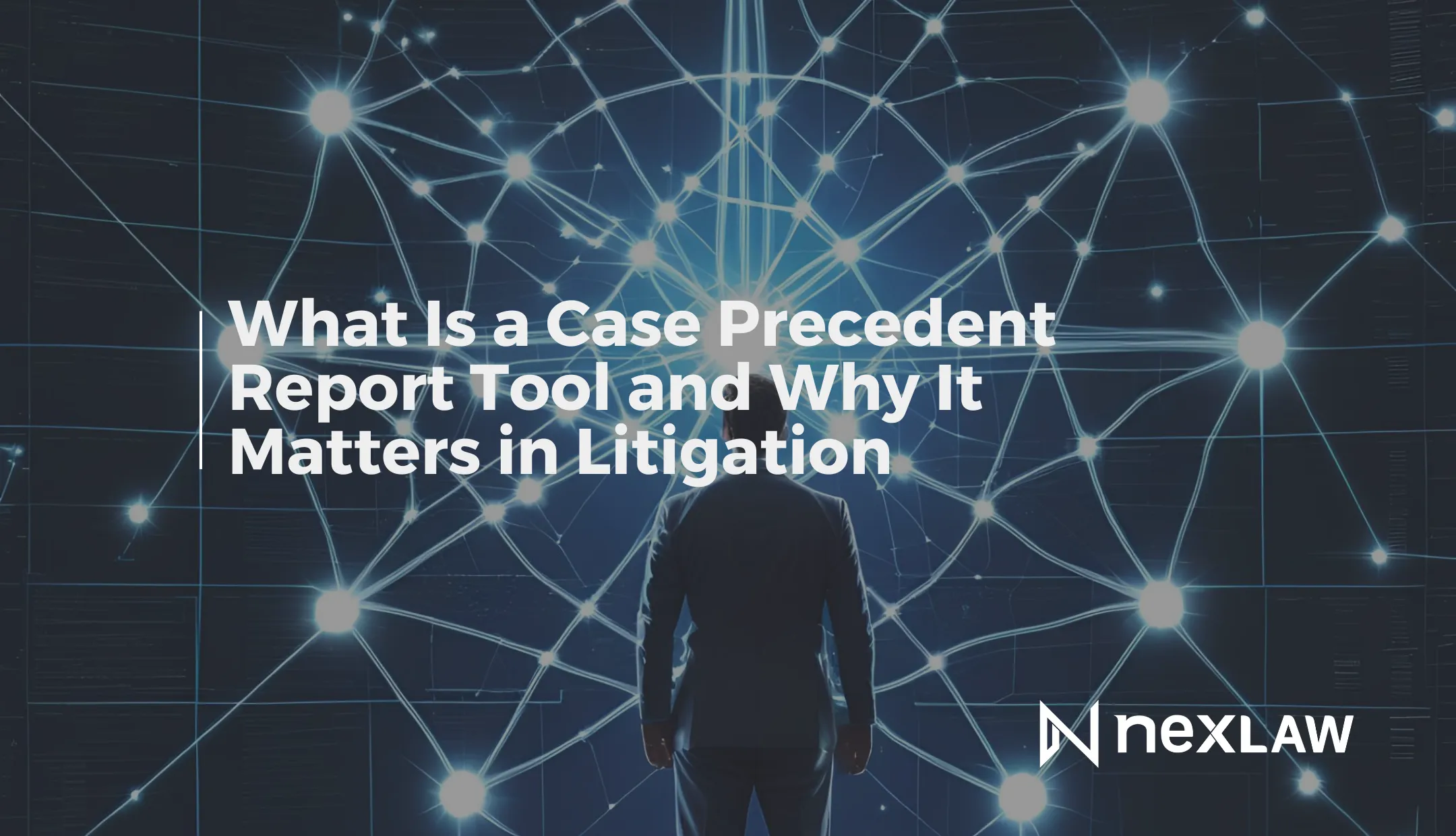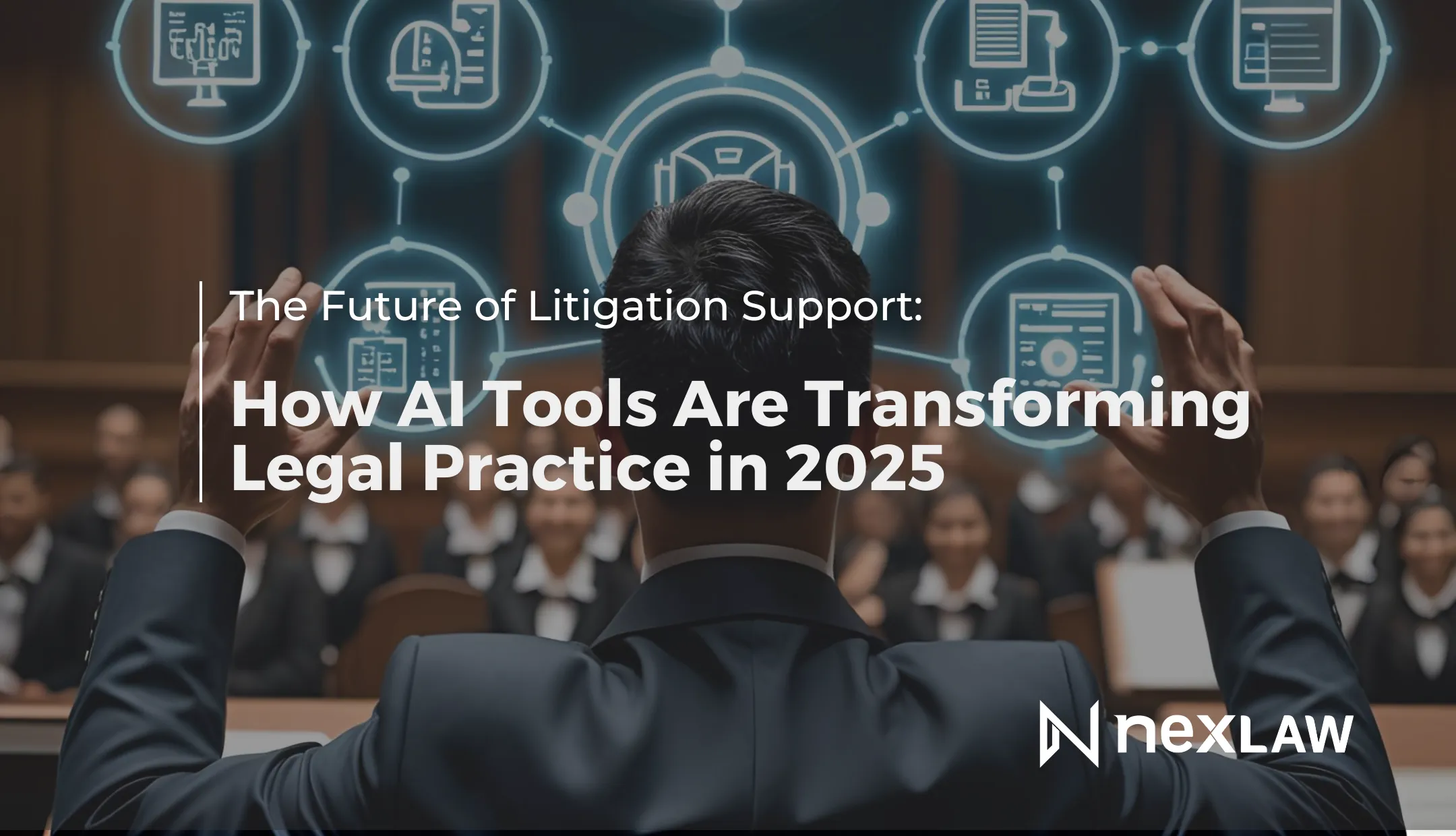Understanding Judges and Opposing Counsel Through AI-Driven Analytics
Litigation in the United States has always been a high-stakes pursuit, where preparation and foresight can shape the outcome. Attorneys often face critical questions: How can I better anticipate a judge’s tendencies? How can I prepare for the strategies opposing counsel might use?
Unlock Legal Insights Instantly!
Today, many legal professionals are turning to AI-driven litigation analytics for answers. These tools transform case data into structured insights, helping attorneys approach hearings, motions, and trials with greater clarity and confidence.
Moving Beyond Intuition
Traditionally, case strategy often relied on anecdotal knowledge, past experiences, or limited docket reviews. While valuable, these methods offered only a partial view.
AI enhances this process by revealing patterns in publicly available case data, allowing lawyers to make decisions supported by structured analysis rather than guesswork:
- Judges: Analytics can highlight trends in ruling history, case timelines, and motion outcomes.
- Opposing Counsel: Attorneys can review litigation styles, such as a preference for settlements, motion-heavy approaches, or extended discovery tactics.
This shift allows litigators to prepare more strategically and reduce some of the uncertainty inherent in litigation.
Enhancing Litigation Strategy
For example, a litigator preparing a motion can use analytics to see how similar motions were handled in the past within a jurisdiction. Likewise, examining opposing counsel’s track record may reveal whether they tend to push for early resolution or pursue aggressive filings.
Armed with this context, attorneys can tailor their strategies, save valuable time, and focus more on arguments that are most likely to resonate.
Leveling the Playing Field
Access to litigation analytics is no longer limited to the largest firms. Solo practitioners and pro-se litigants can now utilize platforms designed to make this kind of intelligence more accessible, helping them compete more effectively even in complex cases.
Compliance and Professional Responsibility
As with any legal technology, responsible use is essential. Attorneys should ensure that:
- Competence: Tools are used in ways consistent with the ABA Model Rules of Professional Conduct.
- Confidentiality: Platforms provide strong safeguards, such as encryption and secure storage, to protect sensitive client data.
- Professional Judgment: AI outputs are treated as support tools, not substitutes for independent legal reasoning.
By combining technology with sound professional judgment, attorneys can integrate analytics into their workflows while staying aligned with ethical and compliance standards.
Looking Toward Predictive Litigation Intelligence
While current tools focus on identifying past patterns, the next generation of litigation analytics may offer even deeper support, such as:
- Predictive models of judicial decision-making
- Tools for evaluating argument effectiveness
- Scenario planning features for settlement and trial strategies
These emerging capabilities have the potential to further enhance preparation and strategy, while continuing to keep the attorney in full control.
Conclusion
Litigation success has always depended on preparation, insight, and adaptability. With AI-driven judge and counsel analytics, attorneys gain an additional layer of intelligence that can help them anticipate challenges, refine arguments, and advocate more effectively.
Ready to Strengthen Your Litigation Strategy?
Choose how you’d like to get started with NexLaw AI:
- Start your free 3-day trial - Explore the platform hands-on.
- Book a guided demo — See how NexLaw can transform your case preparation.
